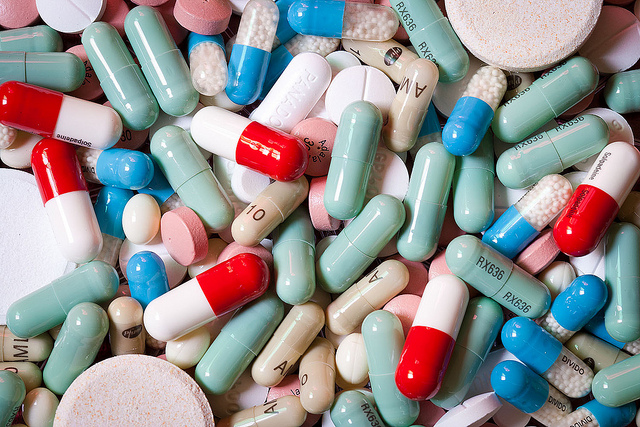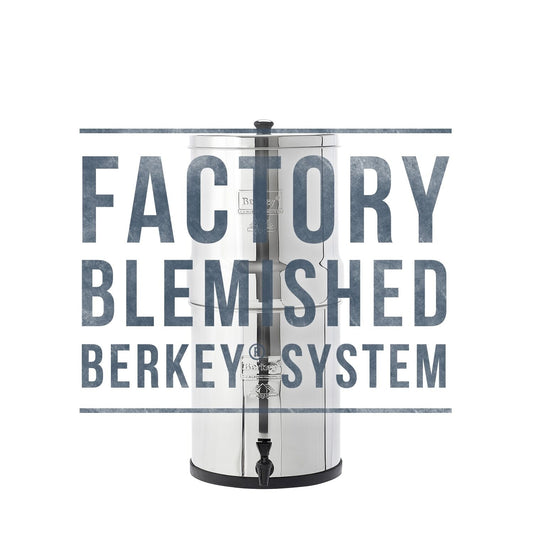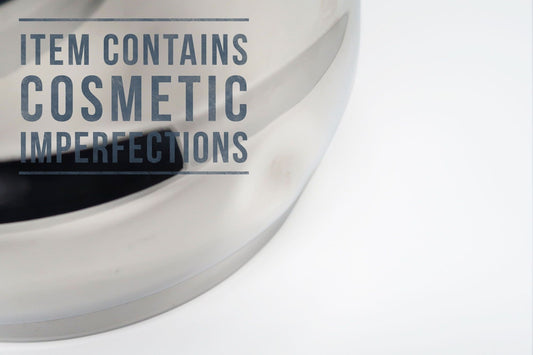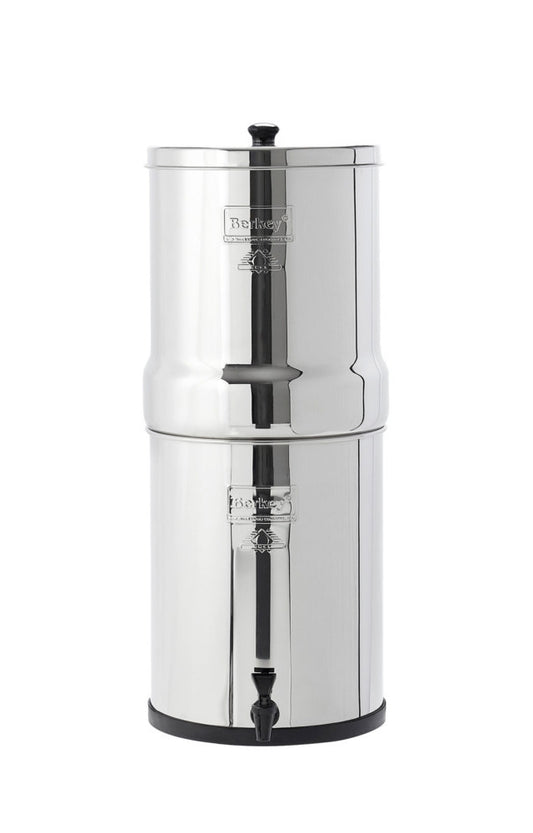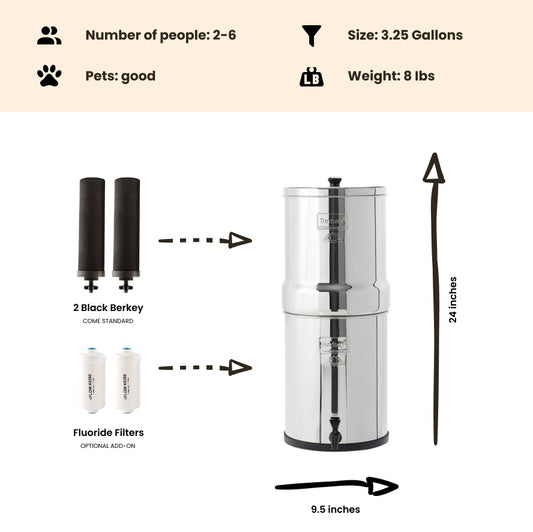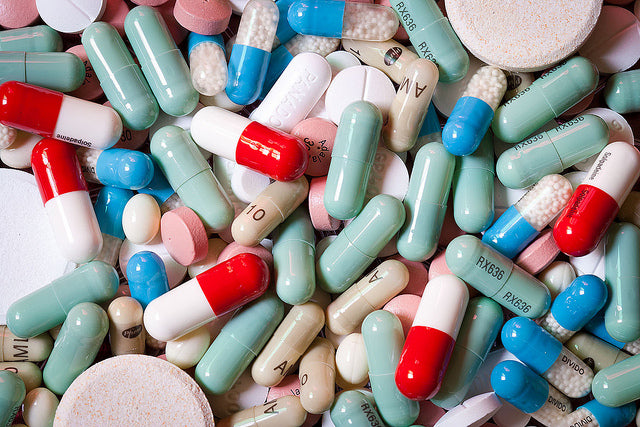
Water Contamination a Grave Concern Amongst Consumers
By Dan DeBaunShare
If you feel happy quenching your thirst by drinking a glass of water poured straight from your kitchen faucet, you are one of the few Americans who do. According to a recent study conducted by NSF International, most people living in the US, as well as globally, harbor concerns about the pollutants that could potentially be contaminating their drinking water. This concern is one of the reasons why purified bottled water is currently one of the most popular beverages in the US, topped only by soda.
Eighty-two percent of consumers interviewed reported they have concerns regarding the presence of emerging contaminants, in the water they drink. New forms of pesticides and herbicides are of highest concern to consumers, with 87% reporting concerns over these pollutants, followed by prescription drugs (34%) and detergents (24%), while other contaminants such as flame retardants (18%) and over-the-counter medications (14%) that have been consistently found in tap water are also of concern. While the health risks posed by the presence of these emerging contaminants at trace levels in drinking water is not fully understood, the fact that they are present at all has clearly left many consumers worried.
Pesticide contamination of groundwater sources is not a new phenomenon, but because the use of pesticides has grown exponentially in order to grow sufficient food to feed an ever growing population, it stands to reason that more and more of these chemicals are leaching through soils to contaminate water in underground aquifers which provide drinking water to 50% of the American population.
The study also showed that despite their concerns, only 28% of consumers return unused medications to their pharmacy or clinic to dispose of responsibly; the majority of consumers dispose of these emerging contaminants inappropriately, either by discarding unused prescription drugs and over-the-counter medication out with their trash (34%) or by flushing these contaminants down the toilet (19%).
“NSF International’s survey results clearly show that consumers are very aware of and concerned about emerging contaminants in drinking water. While the industry isn’t currently aware of negative health effects associated with trace levels of these contaminants, many consumers understandably want to have the highest quality drinking water possible for themselves and their family. NSF International has developed a standard that tests the ability of home water treatment devices to reduce some of these emerging contaminants in drinking water,” said Rick Andrew, NSF International Drinking Water Treatment Expert.
Previously drinking water contaminants fell into one of two groups: 1) aesthetic effects, consisting of contaminants that don't adversely affect health, but affect the taste, odor or appearance of water; and 2) health effects, consisting of contaminants that pose a health risk to consumers exposed to these pollutants in drinking water. Emerging contaminants is a new group of drinking water contaminants consisting of pollutants that are classified as contaminants whose impact on human health after long-term exposure is not well understood.
Berkey water filters fitted with Black Berkey filter elements meet the NSF Standard 53 and NSF Standard 42 for chemical reduction. Berkey filters remove pesticides, pharmaceuticals and many other contaminants that are commonly found in drinking water, rendering your tap water safe to drink.
-
Regular price From $302.00 USDRegular priceUnit price / per
-
Regular price $234.00 USDRegular priceUnit price / per
-
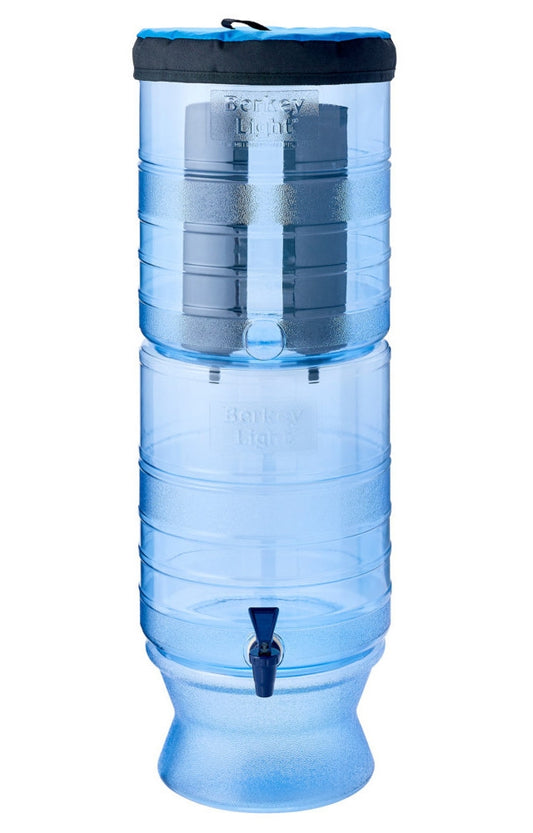
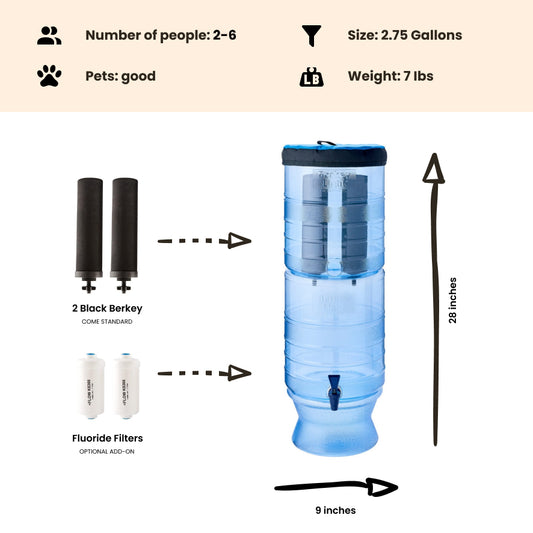 Sold outRegular price From $305.00 USDRegular priceUnit price / per
Sold outRegular price From $305.00 USDRegular priceUnit price / per -
Regular price $327.00 USDRegular priceUnit price / per
-
Regular price From $367.00 USDRegular priceUnit price / per
-
Regular price From $408.00 USDRegular priceUnit price / per
-
Regular price From $451.00 USDRegular priceUnit price / per

Dan DeBaun
Dan DeBaun is the owner and operator of Big Berkey Water Filters. Prior to Berkey, Dan was an asset manager for a major telecommunications company. He graduated from Rutgers with an undergraduate degree in industrial engineering, followed by an MBA in finance from Rutgers as well. Dan enjoys biohacking, exercising, meditation, beach life, and spending time with family and friends.
~ The Owner of Big Berkey Water Filters

